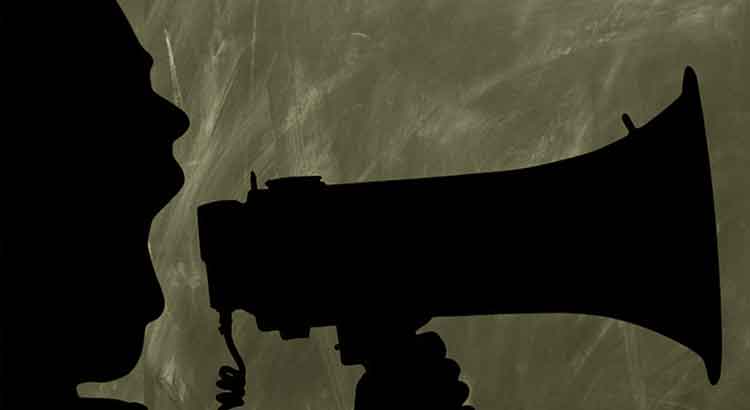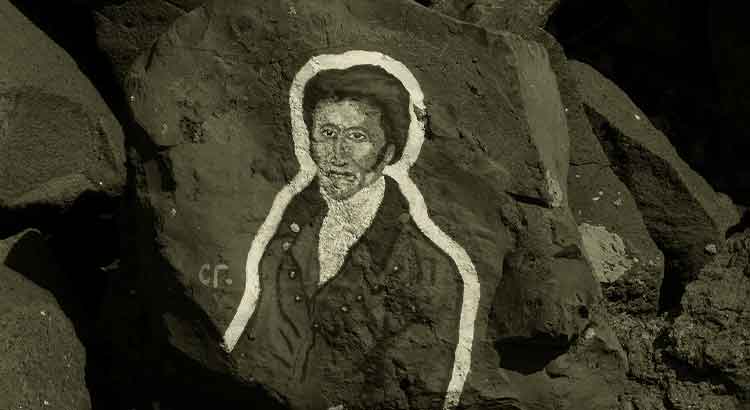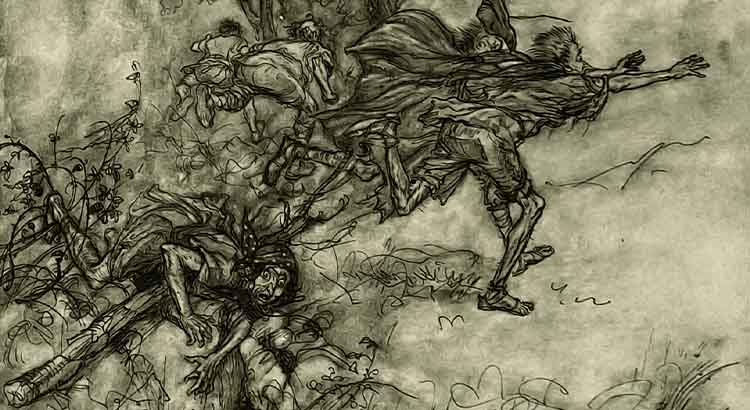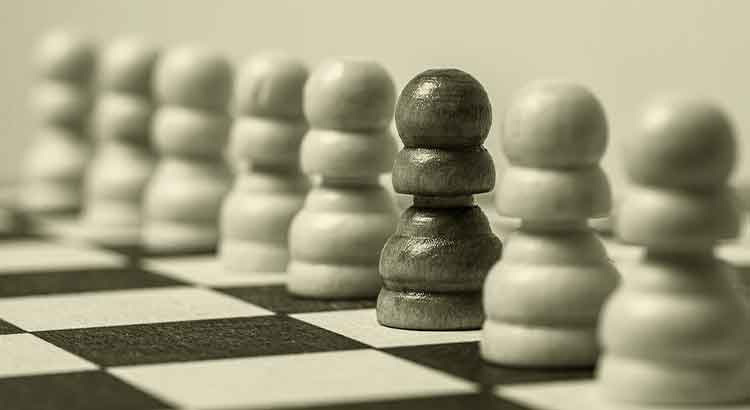I smile imagining the judge E. T. A. Hoffmann: a judge, in the words of Carpeaux, “of the most honorable and — in difficult times of political reaction — of the most independent ever Prussia had.” I smile at this judge in our esteemed century. I mean: the judge, who was also a very skilled narrator, would be easily destroyed by the stupid and envious hordes who, in these times, have fun ruining lives and careers. Very funny would be, for example, the plot of Die Elixiere des Tenfels, an excellently crafted novel, adapted to our days: an evangelical pastor possessed by the devil is led to murder and incest, succeeding not only in camouflaging his crimes but also in gaining positions in the social pyramid. I ask: is it or is it not fun to imagine what would happen to the reputation of this judge if he had the novel released today? Would he be able, for example, to be appointed to the Supreme Court? The honorable judge in this century would learn what is to be democratically lynched.
____________
Read more:



